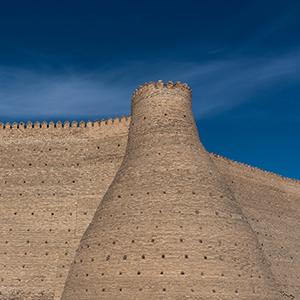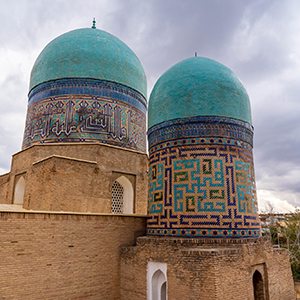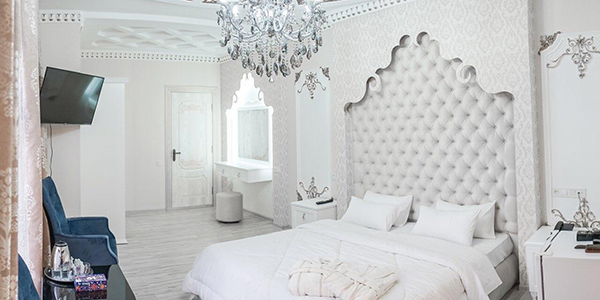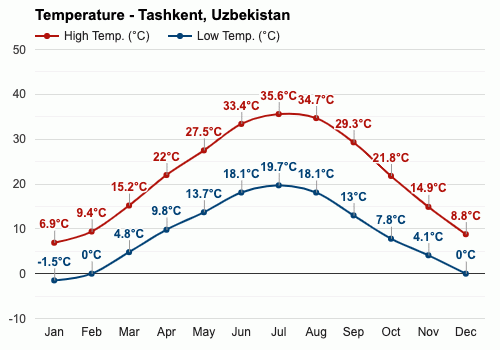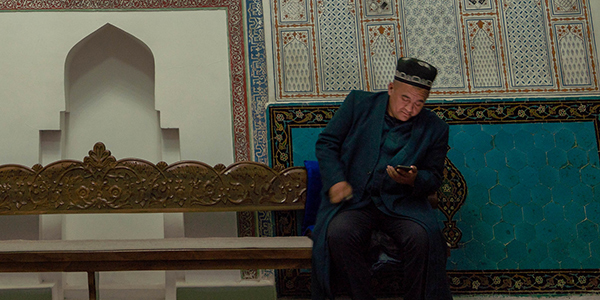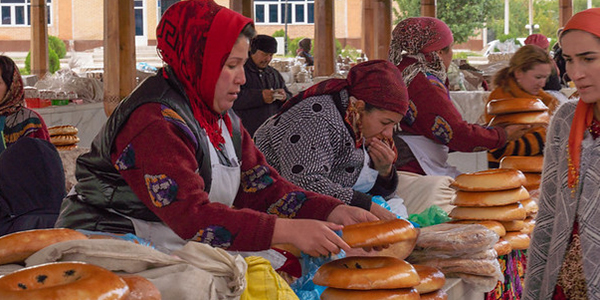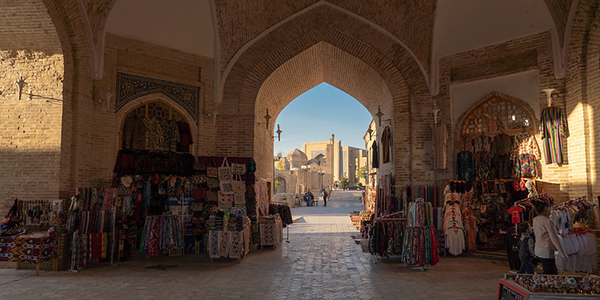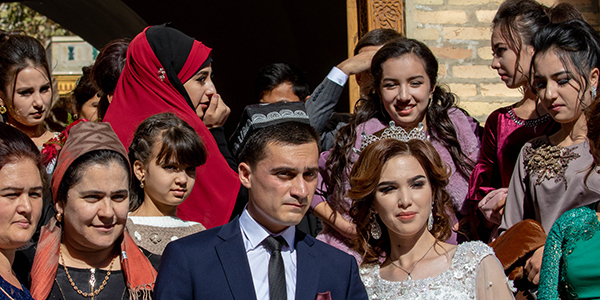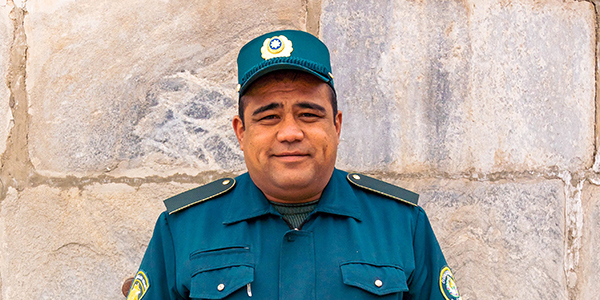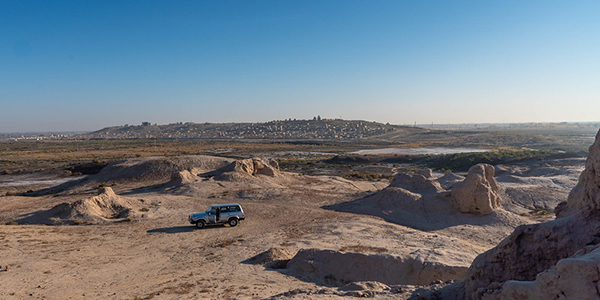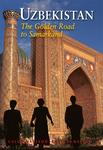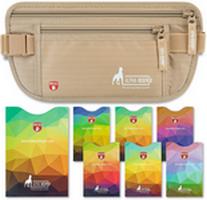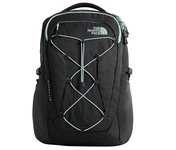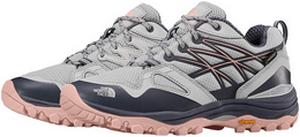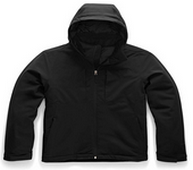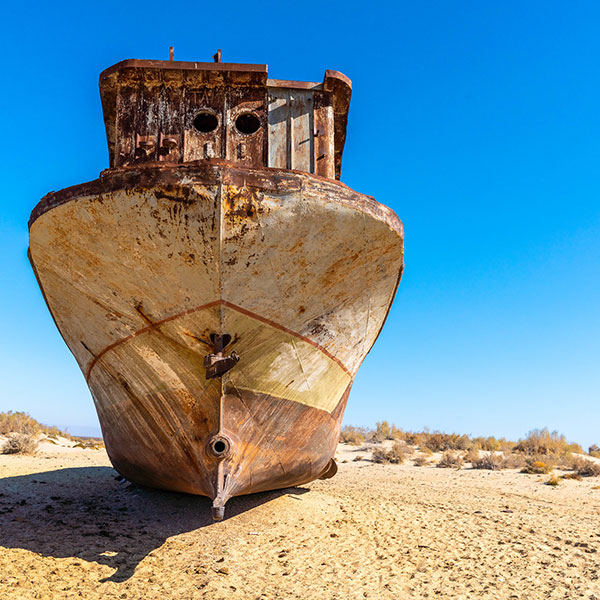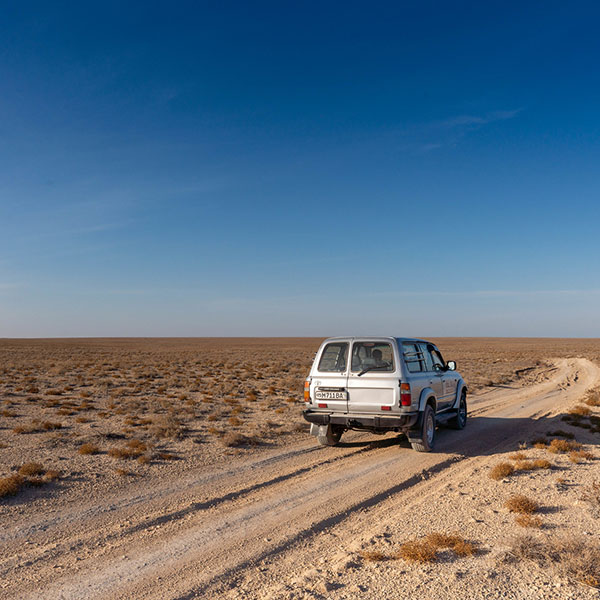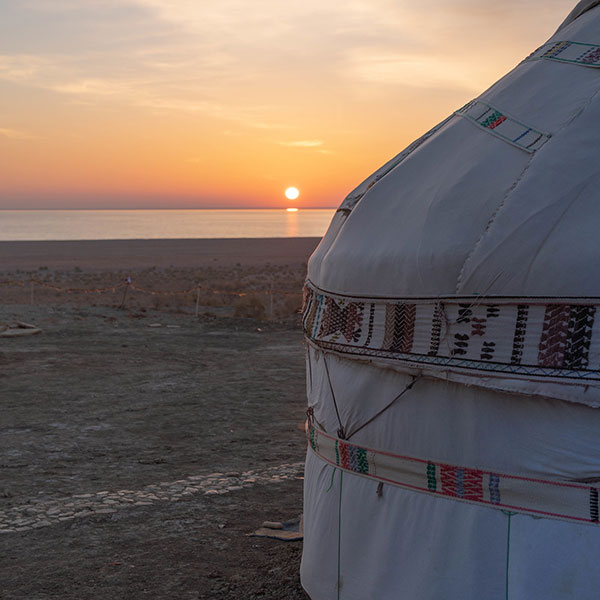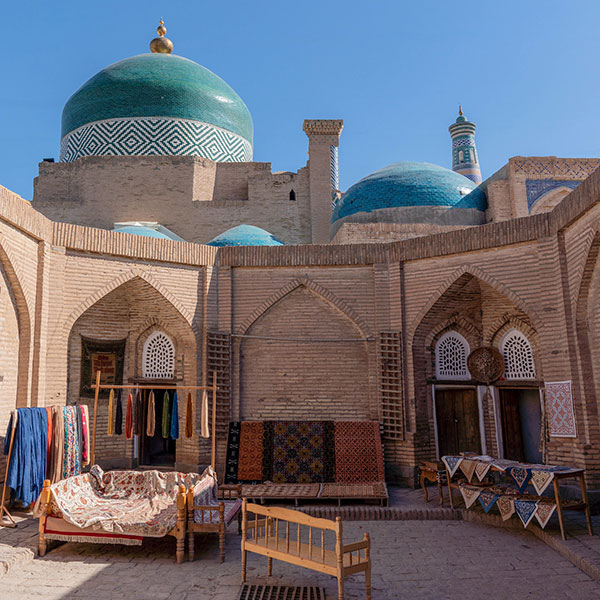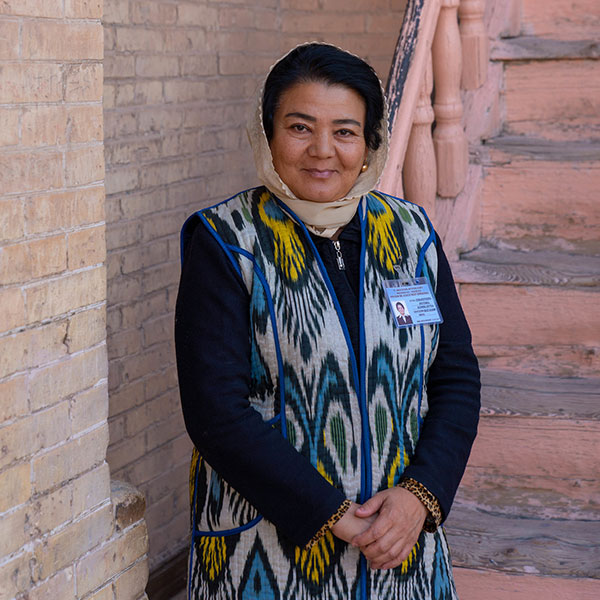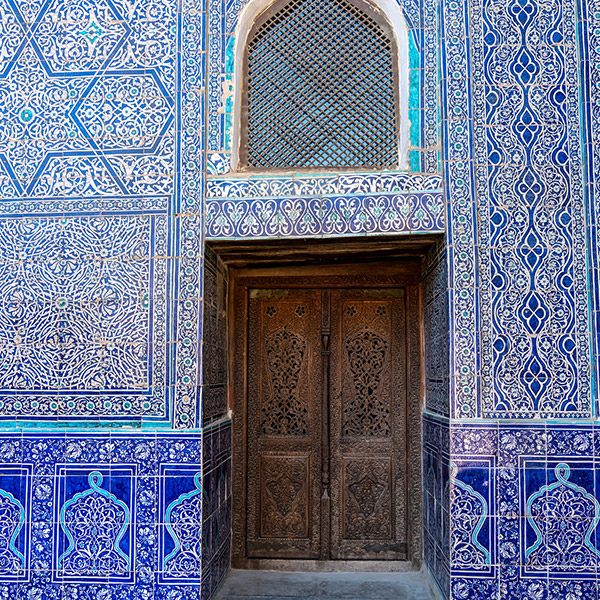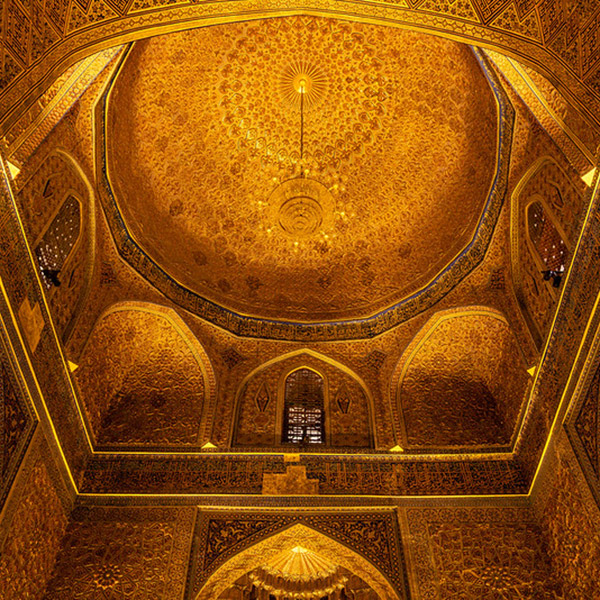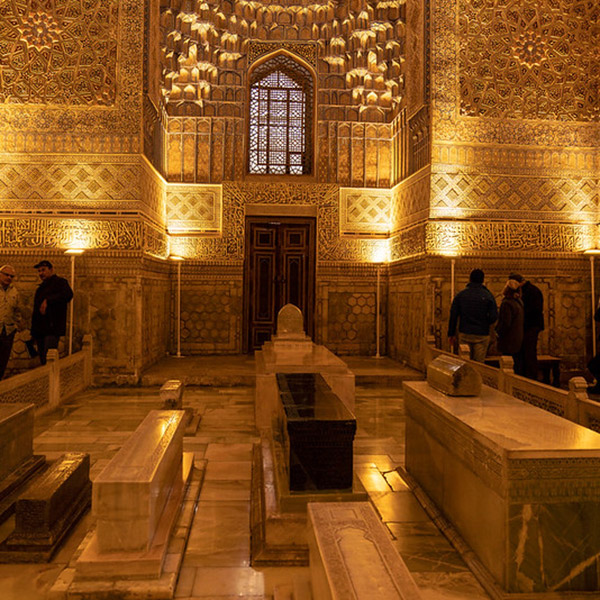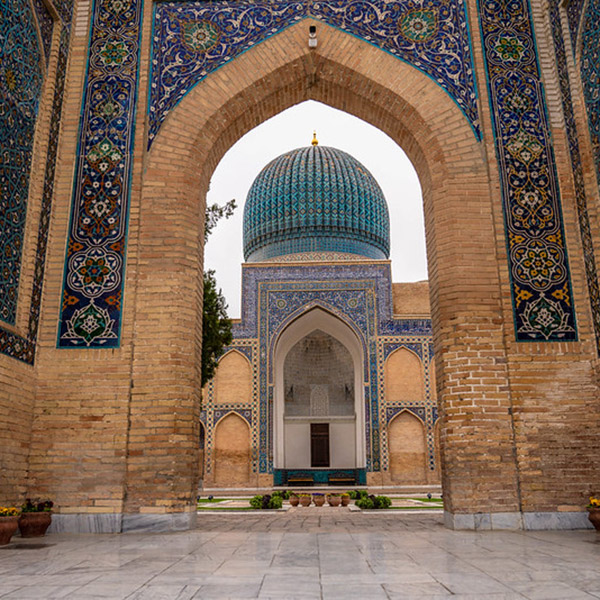Sidebar Menu
Uzbekistan
While traveling in Uzbekistan, expect to master the shades of blue. The blue on the country’s flag stands for the skies and the water, like its disappearing Aral Sea. From the vanishing Aral Sea, turquoise domes and azure mosaics of Registan square in Samarkand to the cobalt blue tebeteika hats, Uzbekistan has got all the blues – in a good way.
Landlocked by several other 'stans, Uzbekistan broke away from the USSR in 1991. But its legacy steeps in Persian legends and Silk Road tales far more than it does in the Soviet era. With the present-day government slowly lessening controls and opening the country, travel in Uzbekistan is becoming easier by the day.
- Admire the clash of classical Russian, Soviet and Islamic architecture, as well as the Moscow-worthy subway stations in the capital of Tashkent.
- Visit the graveyard of rotten ships in the desert town Moynaq, formerly a fishing hub in the world's fourth-largest lake – the Aral Sea.
- Marvel at Samarkand, Bukhara and Khiva, once important Persian cultural centers and Silk Road stops.
- Explore Soviet avant-garde art in Nukus, then ride an AWD to visit what's left of the Aral Sea in Karakalpakstan province.
- Help the Kazakh and Tajik shepherds in the Nuratau Mountains with chores like feeding silkworms or picking walnuts.
THE
BLUES OF
UZBEKISTAN
Perfect For

Architecture

History

Photography

Markets
Itinerary ideas
En route, enjoy the view of the Kamchik Canyon. You will visit the city of Kuva and its main archeological site, a Buddhist temple, discovered during the excavation of the area.
What to Expect
What to pack
In The Media
Best to combine with
Each of the 'stans is similar yet unique in its own way. Explore them all!
Turkmenistan
There is no country like Turkmenistan and it is a perfect addition to your Uzbekistan adventure. From ancient Silk Road cities to Darvaza crater and unique capital Ashgabat.
Kazahstan
The largest of all Uzbekistan's neighbors offers mountains and deserts as well as a variety of unique sites and authentic cultures.
Afghanistan
Parts of this troubled country are perfectly safe to visit while in the region.
Quirks for the Curious
Vanishing Worlds
Vanishing Worlds
Connect With Us
© Copyright 2020 - 2025 Vanishing Worlds
